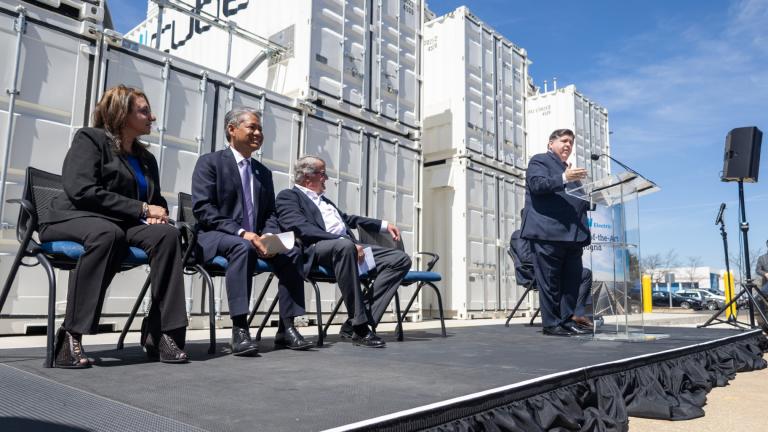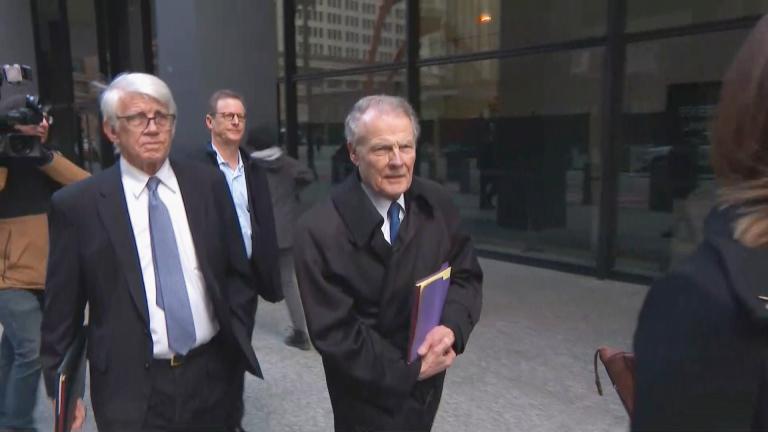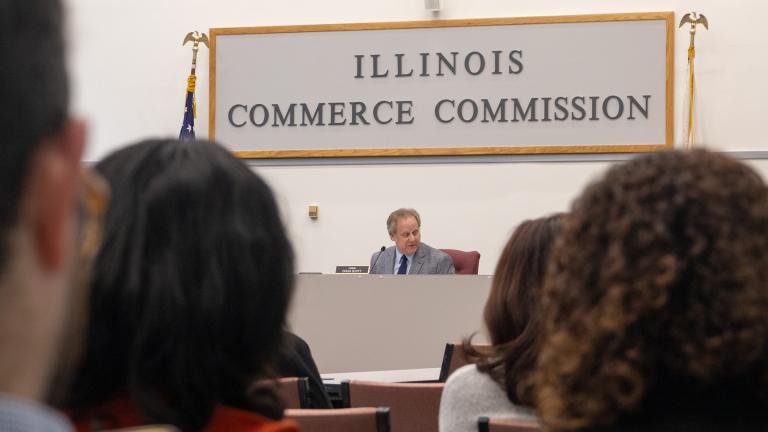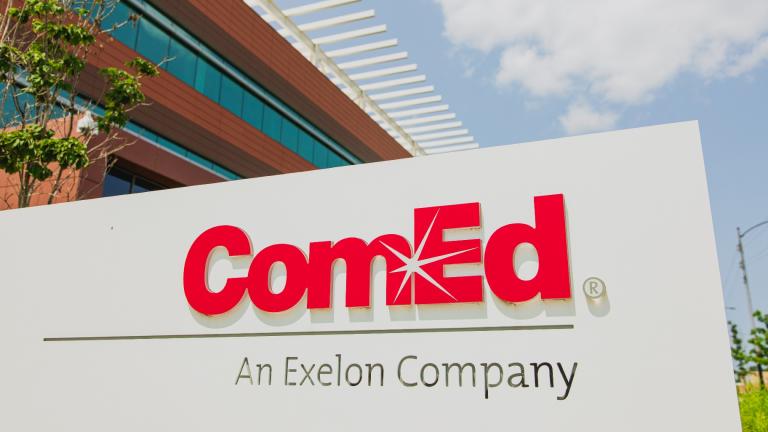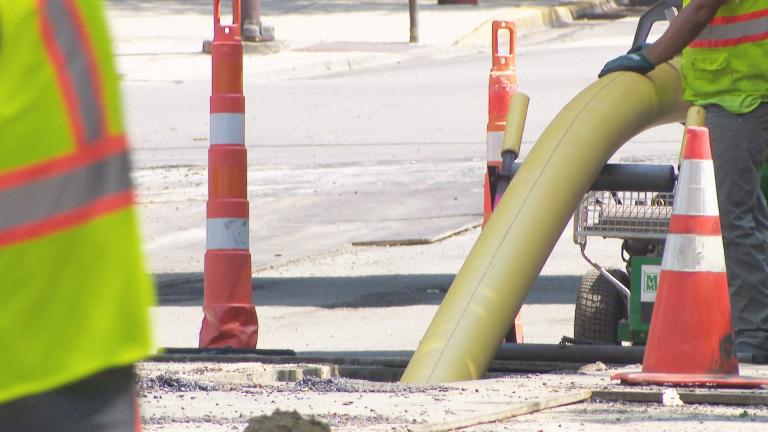The deal Mayor Lori Lightfoot brokered with Commonwealth Edison to extend the beleaguered utility giant’s lucrative contract with the city for 15 years in return for at least $100 million to be used in the city’s fight against climate change remains mired in legislative limbo, more than a month and a half after she asked members of the Chicago City Council to quickly ratify the deal.
Instead, alderpeople balked at the mayor’s demand and sent the proposal to the Rules Committee, where controversial legislative proposals frequently go to die. Lightfoot’s allies, led by Ald. Scott Waguespack (32nd Ward), the chair of the powerful Finance Committee, tried to schedule a hearing on the proposal, only to have that effort deluged by a wave of criticism. That last-ditch hearing never took place.
The deal’s chances of approval diminished further when Lightfoot finished third in the Feb. 28 mayoral election, bested by both former Chicago Public Schools CEO Paul Vallas and Cook County Commissioner Brandon Johnson. Lightfoot will leave office on May 22, the first mayor to lose a bid for reelection in 40 years.
If the ComEd deal faced an uphill climb before Lightfoot’s defeat, its prospects declined precipitously afterward, handing the mayor what is likely to be one last defeat at the hands of her opponents on the City Council and all but ensuring that it will be up to Chicago’s next mayor to negotiate a new deal with ComEd.
Lightfoot’s office declined to respond to WTTW News’ requests for comment about the status of the deal she brokered with ComEd. Neither Vallas nor Johnson have endorsed the agreement touted by Lightfoot as “a big win for Chicago” that will “accelerate an equitable transition to clean, renewable energy.”
Representatives of ComEd told WTTW News they welcome a chance to detail the agreement’s provisions for the city’s next mayor and the new members of the City Council, who will take office in May.
“The franchise and energy and equity agreements negotiated with the city of Chicago offer significant benefits for Chicago’s residents and promote an equitable transition to a cleaner, healthier energy future,” ComEd spokesperson Shannon Breymaier said.
But leaders of an effort backed by the Chicago chapter of the Democratic Socialists of America, which called on the city to form its own electric utility and cut ties with ComEd, did not mourn the deal’s demise.
“We’re happy to see it die,” said Matthew Cason, the campaign coordinator for the Democratize ComEd effort.
If the city does reach a new franchise agreement with ComEd, it should be for no more than five years, Cason said, and the city should start taking steps to form its own electric utility.
“Municipalization remains the best option” to fight climate change and reduce the city’s carbon footprint, Cason said.
The deal presented to the City Council included promises by ComEd to spend $520 million on “hundreds of energy & equity community benefit projects to advance the 2022 Climate Action Plan,” which promises to reduce carbon emissions in Chicago by 62% by 2040. However, only $100 million is guaranteed during the initial 15-year life of the deal. If the deal is extended for an additional five years, the city would get an additional $20 million, according to the proposal.
The proposal calls for those funds to be administered by a new nonprofit to be run by officials appointed by the mayor and confirmed by the City Council, alongside representatives of ComEd.
The rest of the funds would only materialize if a joint effort is successful in getting funds from the state and federal governments.
ComEd also agreed to spend $32.5 million on a new training facility on the city’s West Side to train 10,000 Chicagoans to work in the clean energy industry and hire an additional 1,000 South and West Side residents to work for the company in construction and customer service jobs.
However, the deal did not include any of the ethics reforms initially demanded by Lightfoot after the utility giant admitted it engaged in a yearslong scheme to bribe former House Speaker Michael Madigan. Madigan has pleaded not guilty to nearly two dozen criminal charges.
ComEd’s legal woes returned to the headlines last week with the start of the trial of former Exelon executive Anne Prammagiore, former ComEd government relations vice president and later lobbyist John Hooker, former City Club of Chicago president Jay Doherty and former Madigan aide Michael McClain. They have been charged for their alleged roles in the scheme that arranged jobs, contracts and payoffs for the former speaker’s associates to win his crucial support. All have pleaded not guilty.
It is not clear what changes either Vallas or Johnson would demand from ComEd in return for a new franchise agreement. But both could find their hands tied if they try to stop ComEd from disconnecting services for nonpayment, or pushed the utility giant to lower rates.
Those rules are set by the Illinois Commerce Commission.
Contact Heather Cherone: @HeatherCherone | (773) 569-1863 | [email protected]

